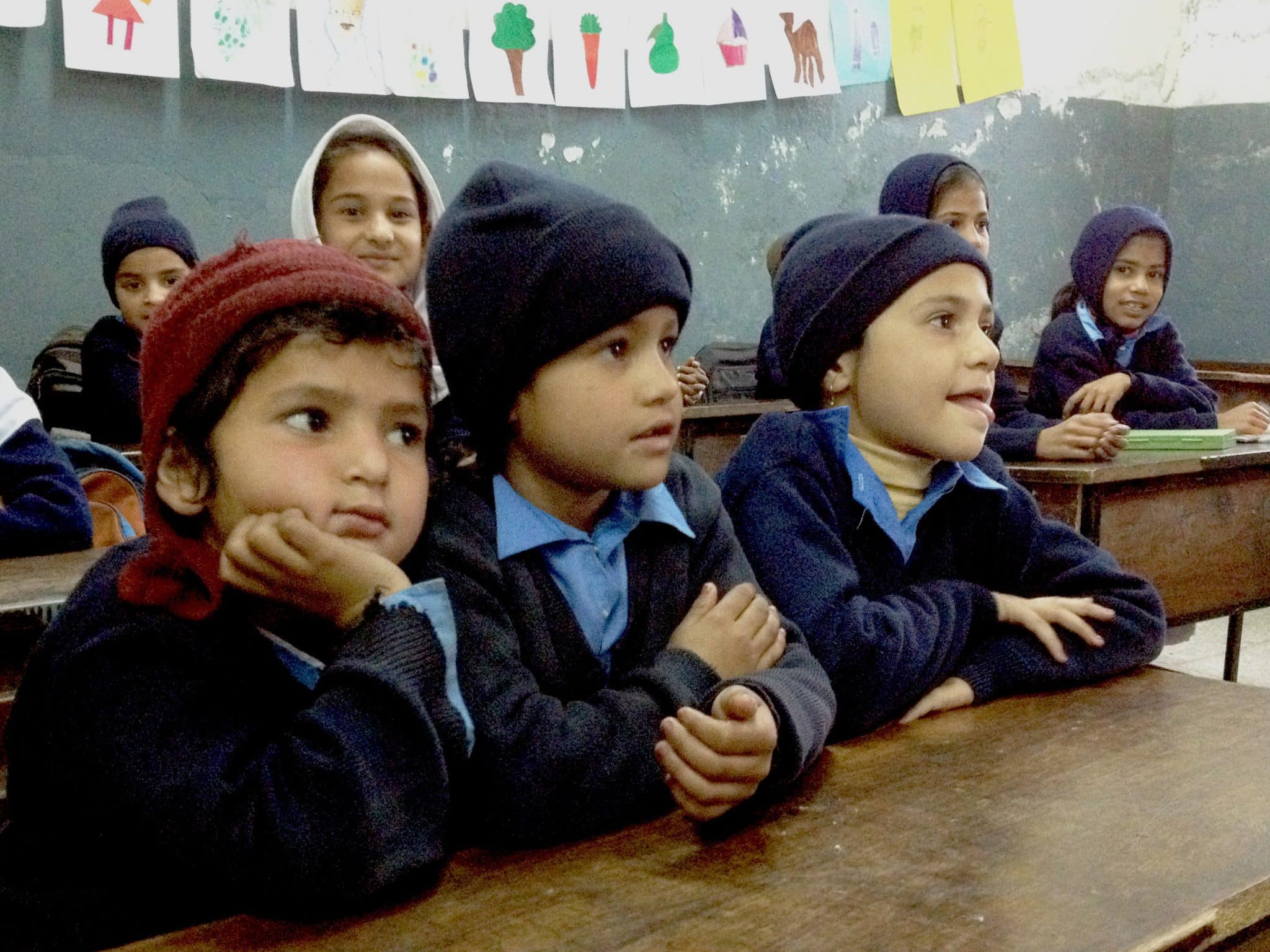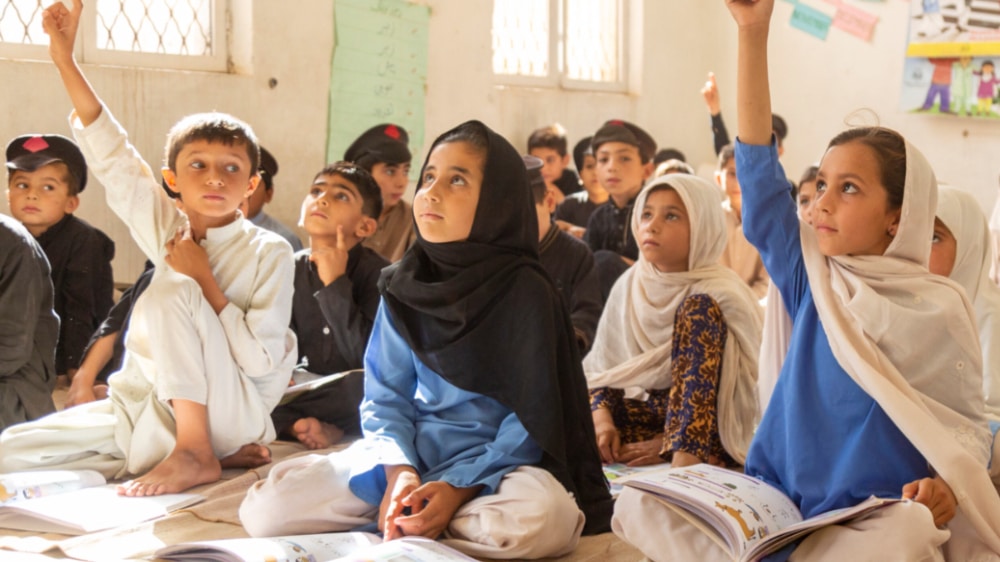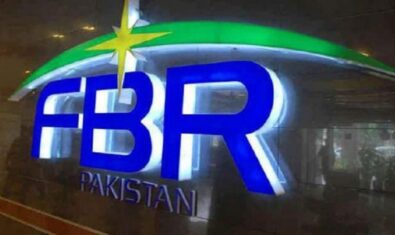An annual report has unveiled concerning trends in the education sector of Sindh, shedding light on a persistent decline in children’s learning levels despite an increase in enrollment rates in 2023.
The Annual Status of Education Report (ASER) revealed that learning losses persisted from the challenges posed by the COVID-19 pandemic and the 2022 floods. The report indicated that learning levels remained low and continued to decline over the years compared to 2019.
Education Minister Syed Sardar Shah attended the report’s launch as the chief guest. The ASER report primarily focuses on measuring foundational literacy and numeracy among students aged between five and 16 years in the province.
One of the key highlights of the report was the significant increase in enrollment rates for both early childhood education (ECE) and 6-16-year-olds. The surge in enrollment, reaching 86% for 6-16-year-olds, signifies a positive trend in the demand for education in Sindh.
Despite the improvement in enrollment rates, the report highlighted several challenges. There has been a notable shift towards private schooling in rural areas, with the percentage rising from six percent in 2021 to 12 percent in 2023. However, government schools continue to accommodate the majority (88%) of six-16-year-olds.

Gender disparities persist, with girls lagging behind boys in enrollment rates, especially within the poorest quartiles. Additionally, there has been a dip in learning levels, particularly in rural Sindh, with declines observed in reading comprehension and arithmetic skills among fifth graders.
Furthermore, the report emphasized the impact of climate change on education, revealing that only 18% of households reported being aware of climate change. Natural disasters have substantially affected the psychological well-being of households, highlighting the need for climate-resilient education strategies.
ASER also provided insights into the state of infrastructure and resources in schools across Sindh. Despite improvements in teacher attendance, basic facilities in government schools, such as clean drinking water and sanitation, have declined due to floods in recent years.
In conclusion, the ASER report serves as a call to action for policymakers and stakeholders to address the challenges facing the education sector in Sindh. Efforts are needed to improve learning outcomes, bridge gender gaps, and ensure inclusive and quality education for all children in the province.





















